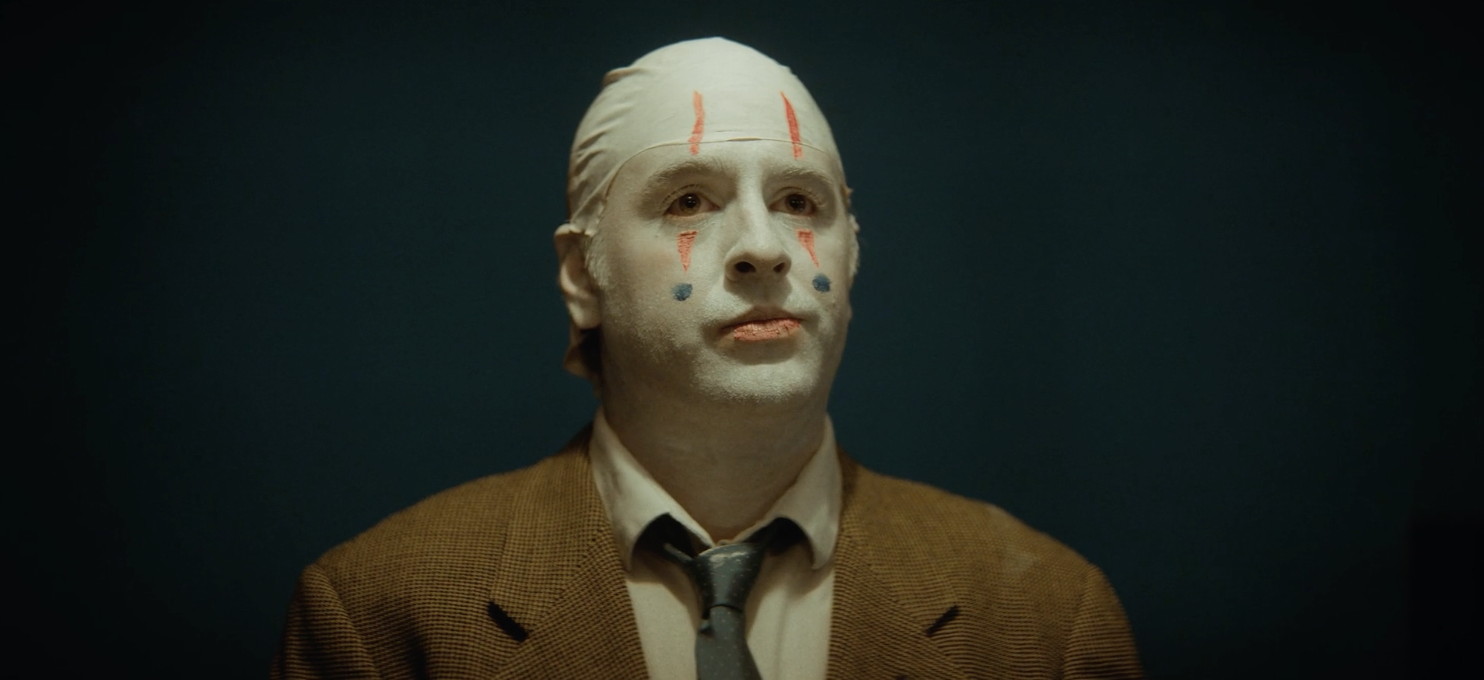From Set to Stage
There’s a distinct difference between hitting your mark on a film set and stepping into the spotlight of a live comedy show. One is tethered to precision—lines, lighting, continuity. The other thrives on chaos, spontaneity, and the thrilling unknown of audience energy. But both demand presence, awareness, and above all, flow.
Film Acting: The Sculpted Moment
On set, every take is an opportunity to build a performance brick by brick. You work within a framework- blocking, camera angles, script continuity, but the nuance lies in the subtle choices. A glance, a pause, a flicker of doubt. The magic happens in restraint, in the weight of silence, in the calibration between what’s felt and what’s shown.
Improvisation can exist, but it's often in service of tone, or squeezed into a director’s vision. Film asks you to trust the edit, the pacing, and the post-production polish that turns moments into story.
Live Comedy: The High-Wire Act
Step onto a stage and it’s a different animal altogether. In The Best F**king Show, I leaned into a version of myself wrapped in clown gear- a visual cue for chaos, yes, but also vulnerability, mischief, and release. Live comedy doesn’t wait for a second take. The crowd reacts, you pivot. Jokes land, or they don’t. And when they don’t, you riff, you reach, you ride the wave until something clicks.
There’s no safety net. But in that risk lives truth. You’re not just performing a character, you’re performing with your audience, building an ecosystem of laughter, discomfort, surprise and occasionally, brilliance.
The Thread Between Them: Flow
Improvisation isn't just a technique—it’s a mindset. Whether reacting to a mistimed cue on set or a heckle in the house, your ability to stay grounded and responsive defines the craft. Flow is trusting your instincts, letting go of control without abandoning intention.
In film, flow is internal. You access it in stillness, in repetition, in trusting the edit to reveal the soul of your choices.
In comedy, flow is external. It pulses through the crowd, amplifies in shared tension, and morphs with every breath. It’s louder, messier, and more immediate—but no less vital.
Why the Clown Matters
Wearing a clown costume in The Best F**king Show wasn’t just absurdity—it was freedom. It gave permission to fail spectacularly, to break the fourth wall, to interact without pretense. That costume was both armor and invitation. And it reminded me: the best performances aren’t always the most polished. They’re the most alive.
Film asks you to repeat truth. Comedy asks you to discover it.
Both are crafts of presence. And when you go with the flow—whether under studio lights or stage haze—you’re doing the real work. That’s the best f**king show of all.

